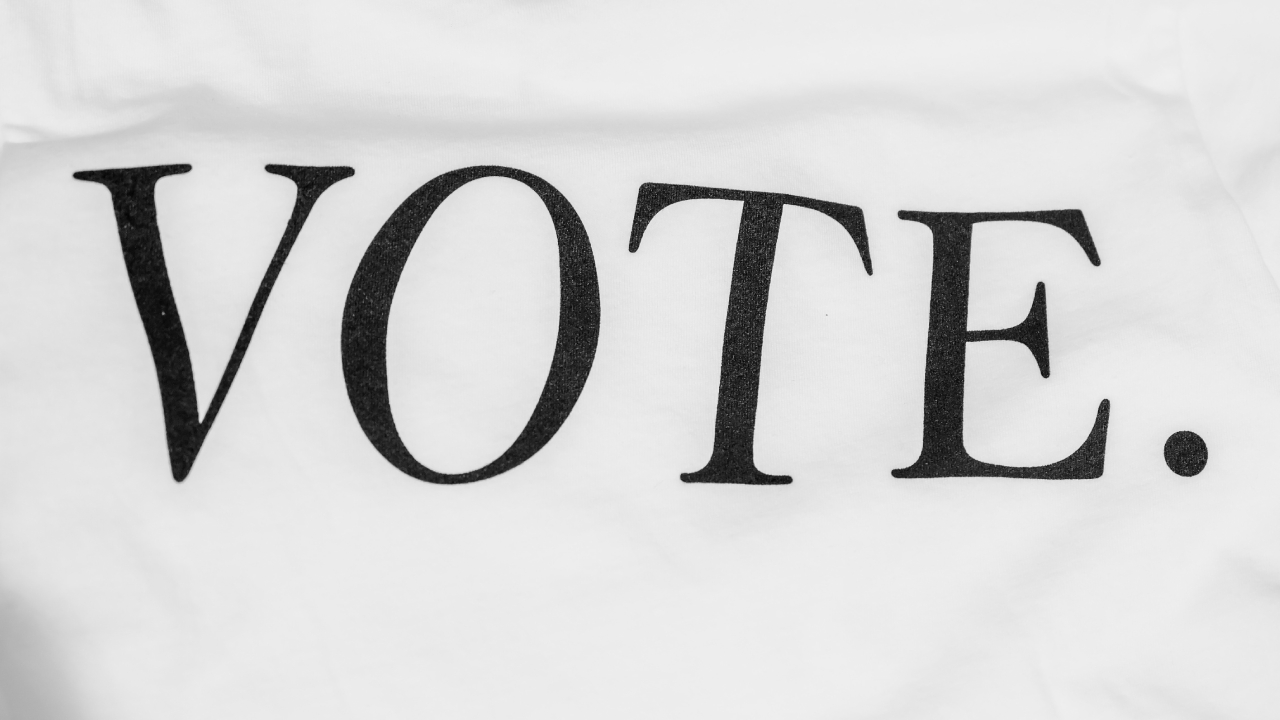- Meta has cut members from teams involved in fighting disinformation and harassment on its platforms.
- This has called into question how effective the social media giant will be in dealing with fake news during upcoming elections worldwide.
- The Facebook-owner is one of the social media partners brought on by the IEC who pledged to fight fake news during South Africa’s 2024 general elections.
Earlier this month, some of the largest social media companies in the world signed an agreement with the Independent Electoral Commission (IEC), putting in place a plan to combat fake news and disinformation that will no doubt become commonplace during the 2024 general elections in South Africa.
Huge firms including Google, TikTok and Meta joined the IEC as partners. Meta in particular has been teaming up with African nations for many years in order to combat elections disinformation and its own reputation for spreading hate and harassment.
“We continue to make substantial investments to help take aggressive steps in fighting abuse across our platforms, while rolling out policies and products to help ensure a safe and secure general election,” said Balkissa Idè Siddo, Public Policy Director for Africa at Meta, at the time.
However, the effectiveness of Meta’s capacity to fight this disinformation has now come into question, in its home nation, let alone across the world. According to a CNN report, Meta has laid off employees in charge of tackling disinformation campaigns and harassment on its platforms.
In March, Meta laid off a further 10 000 employees, above the 11 000 it cut from its offices in 2022. Some of the staff that was cut included those in teams to counter election misinformation on the platform, particularly those who were involved in these efforts during the 2022 US midterm elections.
These staff are reportedly part of a global team that handles misinformation and fake news across many different regions. 2024 will be a busy year for democracy, with the US expected to hold general elections alongside South Africa, Taiwan, Ukraine, India and elsewhere.
CNN explains that one group of people hit hard by Zuckerberg’s March cuts were those involved in content reviews. These former employees manually reviewed election-related posts on Facebook, Instagram, WhatsApp and now Threads, which could violate Meta’s terms of service.
Citing an anonymous source at Meta, CNN says that the social media giant will be changing its methods in order to combat election fake news on its platforms. Now Meta is detecting accounts that spread false information related to elections and voting instead of reviewing individual posts.
The limited teams will now have to choose which nations get favour over others when it comes to elections. For example, in 2024 will the Meta team focus more on fake news about South Africa’s elections or the United States? There is an obvious answer.
Meta’s content moderation efforts in Africa were thrown into chaos earlier this year because of a labour dispute involving moderators, third-party outsourcing firms and the social media company itself.
At least 260 content moderators from different nations in the diaspora launched a suit against Zuckerberg’s company and the outsourcing firms in Kenya, complaining that they were fired without due process and then blacklisted.
This turmoil could further hinder the company’s content-watching efforts on the continent, known for disruptive elections processes and the spread of fake news.
The IEC has not yet indicated what voting day will be for the 2024 general elections, expected to be among the most important in the history of South Africa’s young republic. It has said that online registrations of voters rocketed in the early months of 2023.
Voters are encouraged to engage critical thinking when on social media, especially when faced with information or news that seems either too good to be true or comes without context or additional evidence. This will generally be fake news, and this is expected to only increase heading into the polls.
[Image – Photo by Cyrus Crossan on Unsplash]

